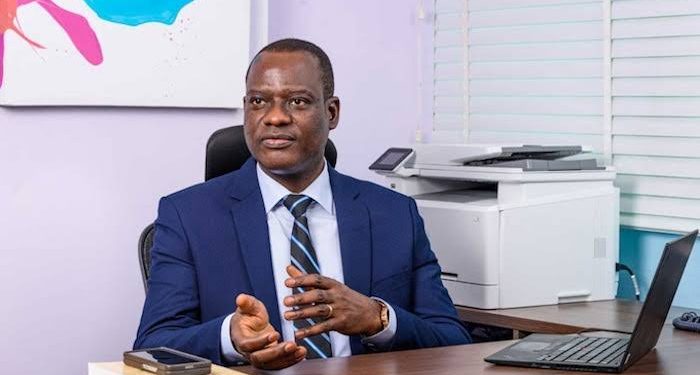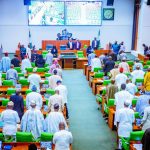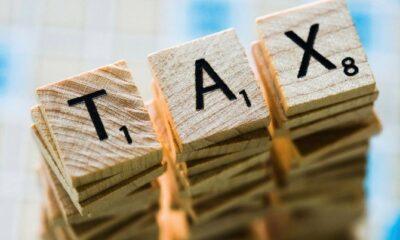Starting January 2026, Nigerians earning ₦250,000 or less per month will be exempt from paying personal income tax, according to the Chairman of the Presidential Committee on Fiscal Policy and Tax Reforms, Taiwo Oyedele. The announcement follows President Bola Tinubu’s signing of four key tax reform bills into law, marking a major shift in Nigeria’s approach to taxation and economic inclusion.
Oyedele revealed the new policy while speaking on Channels Television’s *Politics Today*, describing the exemption as a key part of the federal government’s broader efforts to build a more equitable and efficient tax system. “If a household earns ₦250,000 or less, they are simply meeting basic needs. They are considered poor, and they should not be taxed,” he stated.
The ₦250,000 threshold was set after careful analysis of household spending, income levels, and living costs across Nigeria. By removing the tax burden on this group, the government aims to ease financial pressure on low-income earners, allowing them to meet essential needs without additional deductions from their pay.
In addition to exempting low-income workers, the reforms include tax relief for middle-income earners earning up to ₦2 million monthly. However, those in the higher-income bracket will experience slight increases in their tax obligations, as the system shifts to a more progressive structure.
The reforms also bring significant relief and clarity to small business owners, particularly sole proprietors and micro-enterprises. Oyedele noted that these groups often face inconsistent tax demands and bureaucratic hurdles. The new laws are designed to reduce that burden, streamline compliance, and create a more transparent environment for small business operations.
With Nigeria currently capturing only 30% of its potential tax revenue, the reform aims to plug leakages and expand the tax base without placing the burden on the most economically vulnerable. The strategy prioritises compliance, fairness, and protection for low-income earners, which the government believes will foster public trust and stimulate voluntary tax participation.
The tax reform committee has emphasised that enforcement and public awareness will be crucial to the policy’s success. In the coming months, the government is expected to roll out sensitisation campaigns and digital tools to guide taxpayers and ensure a smooth transition to the new tax regime.
Observers have welcomed the reform as a timely intervention, especially amid rising living costs and widespread demand for economic relief. By shifting the tax burden away from the poor and targeting efficiency, the policy is being positioned as a step toward a more just and growth-focused
fiscal system.










